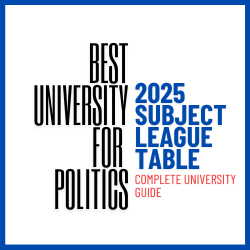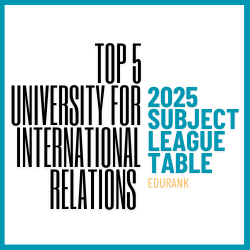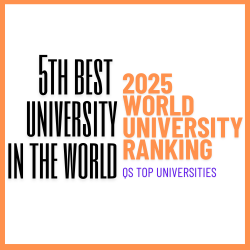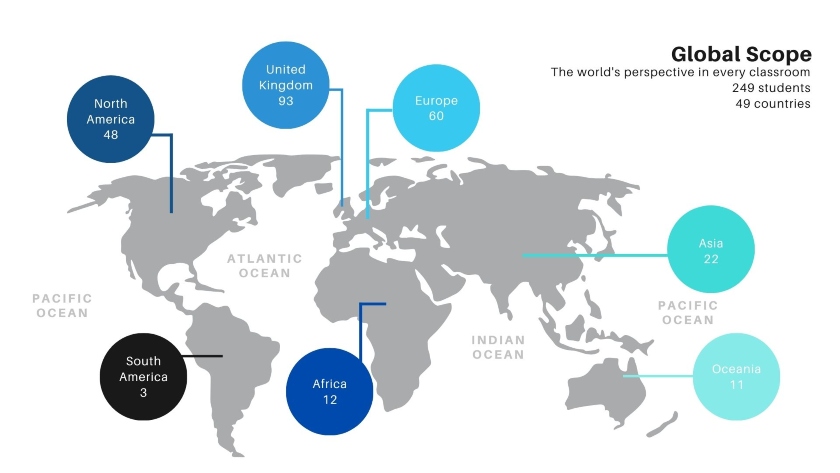
The Master of Studies (MSt) in International Relations is offered by the Department of Politics and International Studies and provides a two-year, part-time route to a Cambridge Master's degree. The programme is designed for individuals who wish to undertake postgraduate study while pursuing their careers. Our students use the knowledge and analytical skills acquired on the course to further develop their careers in areas as diverse as international organisations, NGOs, teaching, blue chip companies, the civil service, the armed forces, finance, law, film-making, transport and business. We also welcome recent graduates wishing to continue their studies on a part-time basis.
If you are passionate about global politics, international history, international law, the environment and economic affairs then this course is for you. For many of our professional students the course provides a good alternative to an MBA or a route to further graduate study in international politics of related disciplines.
Why Cambridge?
|
|
 |
The MSt in International Relations Open Day recording is now available.
The MSt in IR Open Event was hosted by the Course Director Professor Mette Eilstrup-Sangiovanni on the 3rd of October 2024. The event offered prospective applicants an opportunity to learn more about the course, ask questions, and hear from current students. This is the video of that event.
MSt in International Relations - Open Day Session
Watch the MSt in International Relations Open Day Event on YouTube.
Watch our MSt in IR introductory video
Listen to information and highlights both academically and socially from students and professors and get advice on how to apply and thrive within the programme.
Introduction to the MSt International Relations at the University of Cambridge
Watch the introductory video for the MSt in International Relations Programme on YouTube.
How is the course structured?
The course is taught in six intensive residential study blocks during which students live in Cambridge. Outside of the residential sessions students can continue their careers alongside their studies in their home countries. The course has been designed to be accessible to those in full or part-time employment and to international students.
During the first year, students take a core course made up of three modules central to the subject of International Relations. Students then select three additional modules for assessment and a further three for credit, which they select from a list much like the one on the Course Overview page. In addition to their selected modules, students are welcome and encouraged to audit the lectures of modules they have not selected.
All courses are taught by Cambridge academics who are leading experts in their fields of international politics, law, history, theory, etc. Those who complete the first year successfully will spend their second year researching and writing a 20,000 word dissertation on a topic of their choice. This will be individually supervised by an academic specialist in their area.
Where are our MSt students from?
The MSt in International Relations attracts students from a broad range of professional and geographical backgrounds. The course admits some 50 students per cohort from every corner of the world. The graphic below indicates the global spread of the past five cohorts.







